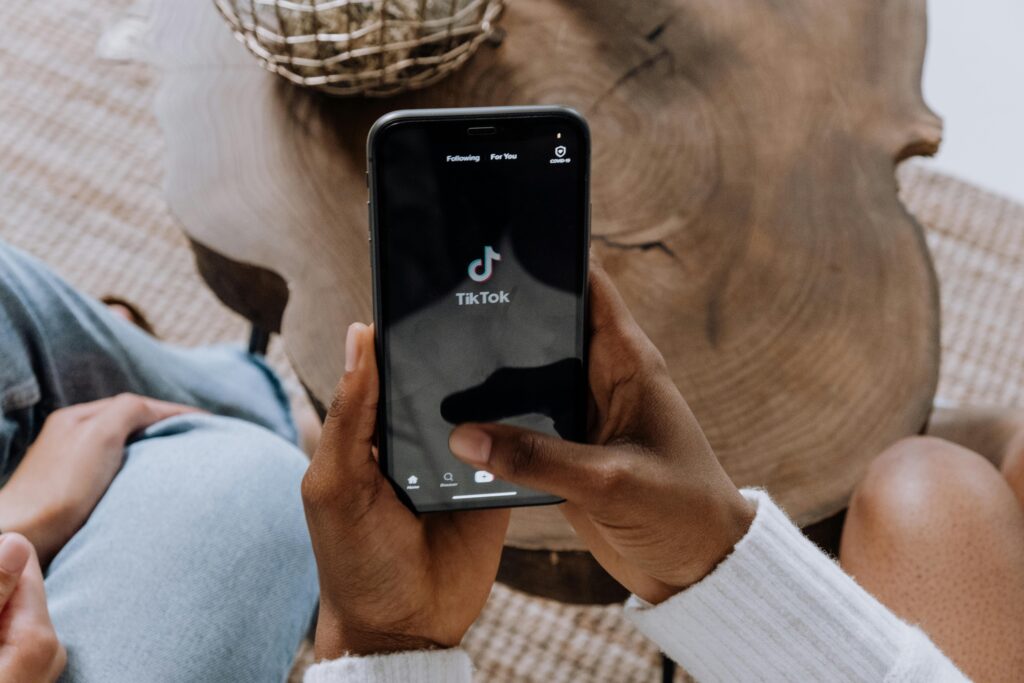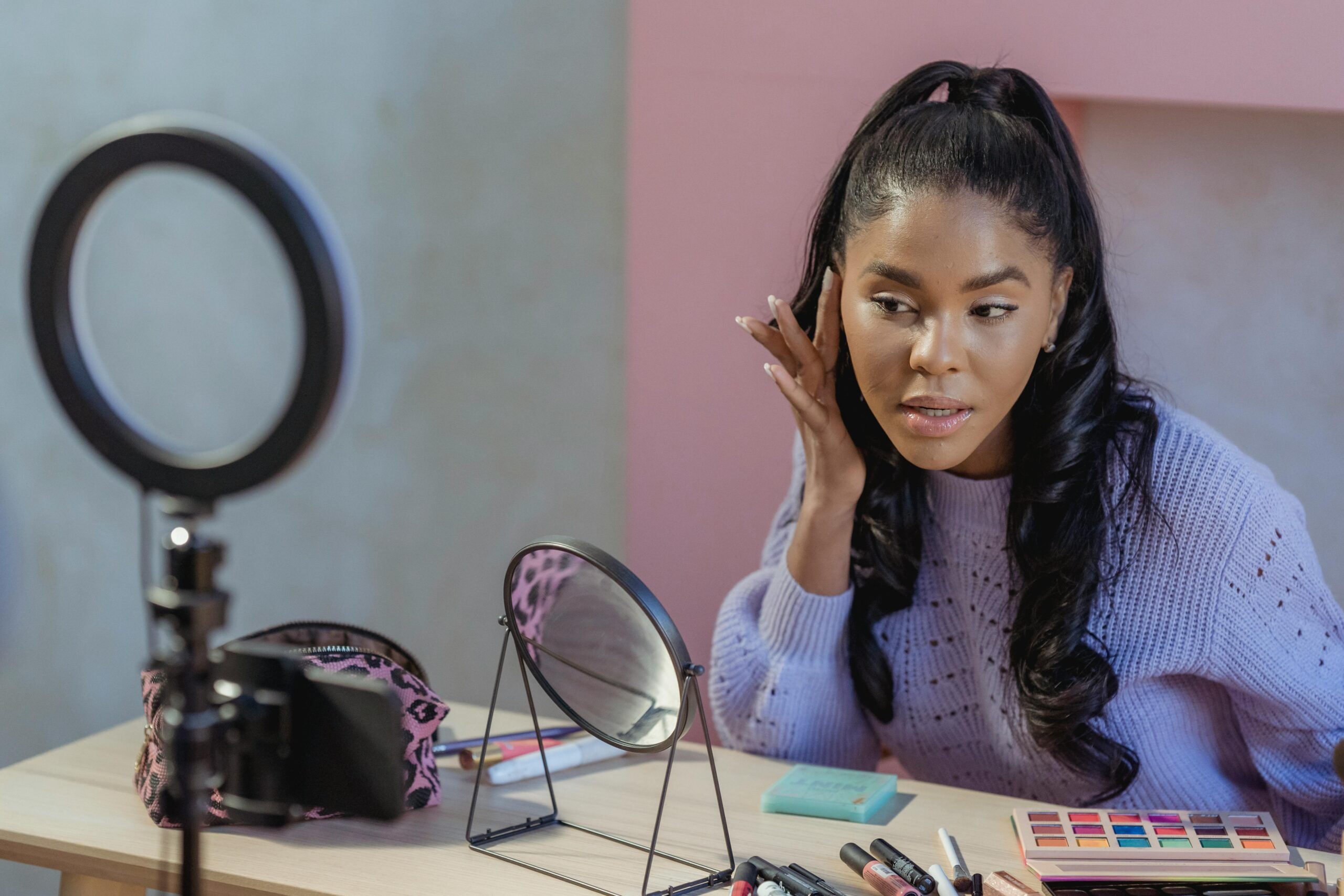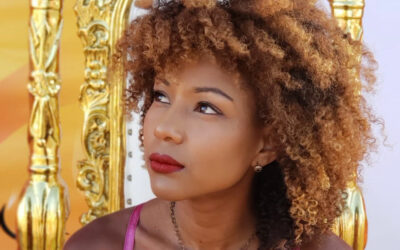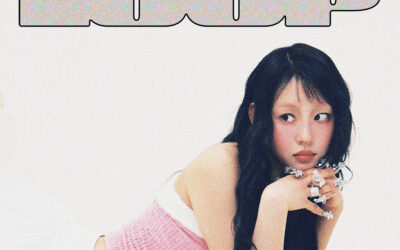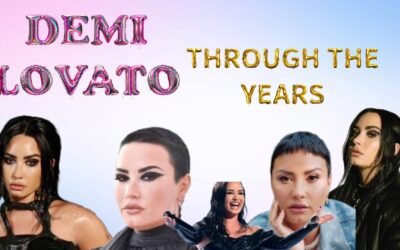TikTok, the wildly popular social media platform, has undeniably revolutionized content creation and consumption. However, beneath its surface lies a troubling reality: TikTok significantly reinforces beauty stereotypes by consistently favouring conventionally attractive content creators. This bias not only narrows our definitions of beauty but also has detrimental effects on users’ mental health and self-perception.
The TikTok algorithm, a mysterious yet powerful force, is designed to promote content that quickly garners engagement. More often than not, this translates to prioritizing videos featuring conventionally attractive individuals. This is no coincidence. Research from the Harvard Business Review has shown that attractive people are likelier to receive likes, shares, and comments. This creates a feedback loop where conventionally beautiful creators get more visibility, perpetuating their dominance on the platform.
The implications of this are profound. TikTok users, especially impressionable teenagers and young adults, are influenced by a narrow, homogeneous array of faces and bodies that fit societal beauty ideals. This relentless exposure warps their perception of beauty, leading to the internalisation of unrealistic standards. Those who don’t conform to these ideals often find themselves grappling with diminished self-esteem and heightened body dissatisfaction.
Contemporary examples highlight these issues vividly. In 2023, TikTok influencer Bella Poarch candidly discussed her struggles with body dysmorphia, exacerbated by the constant barrage of idealized images on the platform. The #glowup challenge, which encourages users to showcase their physical transformations, often emphasizes weight loss and cosmetic enhancements, sending a clear message: beauty equates to thinness and flawless skin.
Moreover, TikTok’s ubiquitous beauty filters, which alter users’ facial features to match idealised standards, exacerbate body image issues. These filters can make users see their unaltered selves as inadequate, promoting a damaging cycle of comparison and dissatisfaction. The Royal Society for Public Health has highlighted the detrimental effects of these filters, noting their role in promoting unrealistic beauty standards.
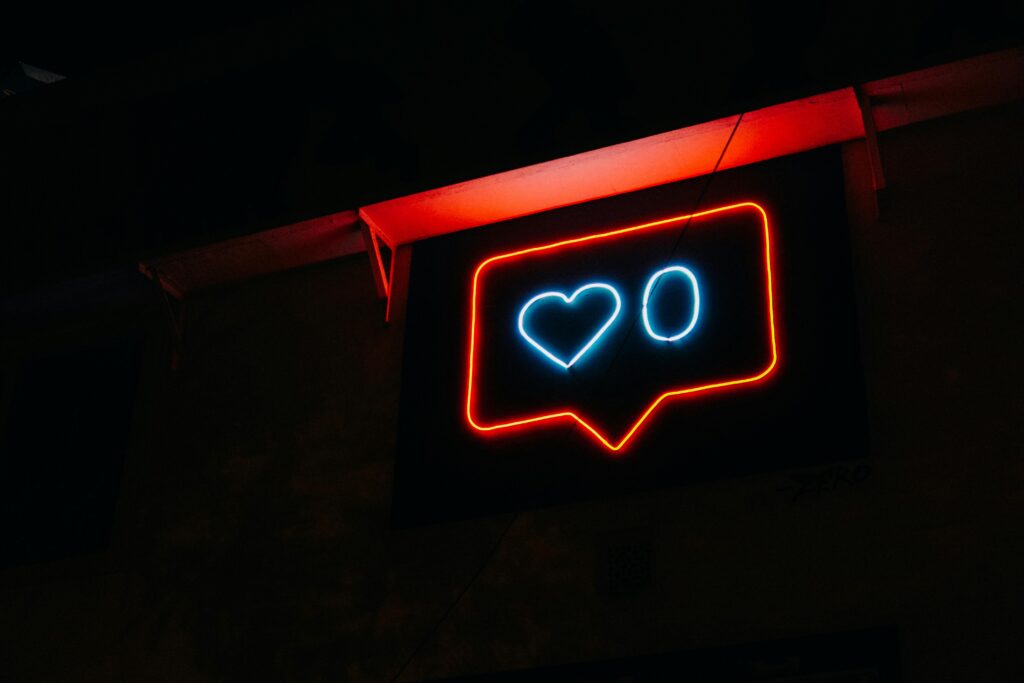
To address these issues, several solutions can be proposed. Firstly, TikTok should adjust its algorithm to promote a more diverse range of creators, showcasing different body types, skin colours, and beauty norms. This can help normalize a broader spectrum of beauty and reduce the pressure on users to conform to narrow standards. Secondly, TikTok should implement stricter guidelines on using beauty filters, potentially limiting their use or providing clear disclaimers when filters are used, thus encouraging authenticity over perfection.
Additionally, educational initiatives on media literacy could be promoted within the app, helping users critically analyze the content they consume and understand the artificial nature of many online beauty standards. Partnerships with mental health organizations could provide resources and support for users struggling with body image issues.
Currently, TikTok faces significant scrutiny in the American political arena, with debates over its potential ban gaining momentum. Concerns about data privacy and national security have led lawmakers to question whether TikTok should be allowed to operate in the U.S. While these debates primarily focus on security issues, they underscore the need for a comprehensive approach to regulating social media platforms to protect users’ privacy and mental health.
So, while TikTok has democratised content creation, it has also entrenched damaging beauty stereotypes. By favouring conventionally beautiful creators, the platform narrows definitions of attractiveness and fosters a toxic environment where self-worth is tied to appearance. To cultivate a healthier digital landscape, TikTok must actively promote diverse representations of beauty and challenge the stereotypes that harm users’ self-perception and well-being. Can we hope to create a more inclusive and mentally healthy online community?
